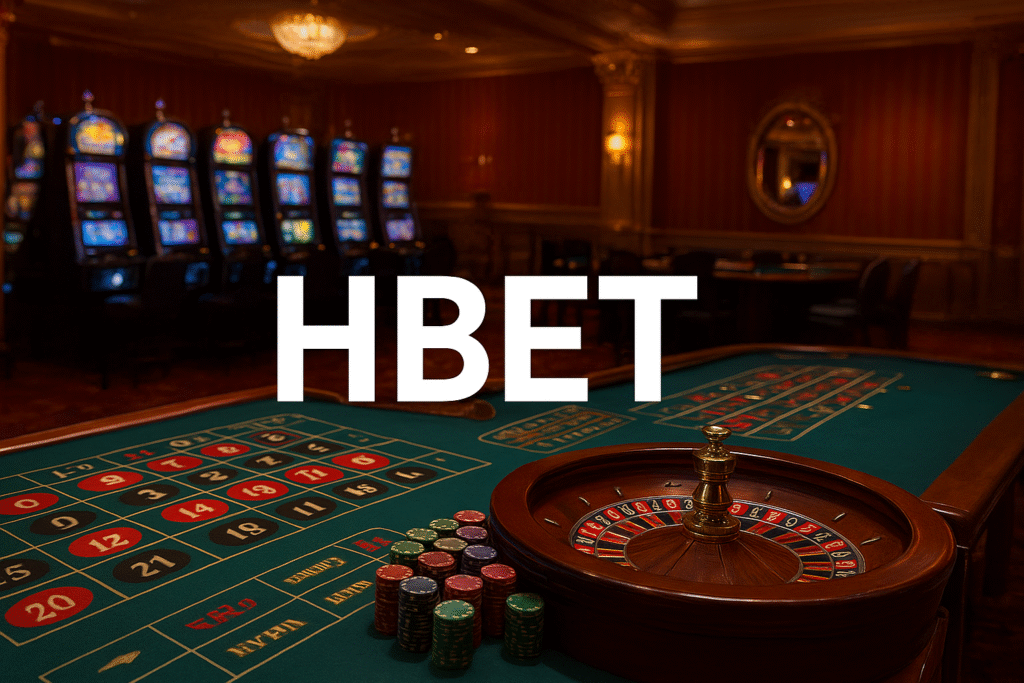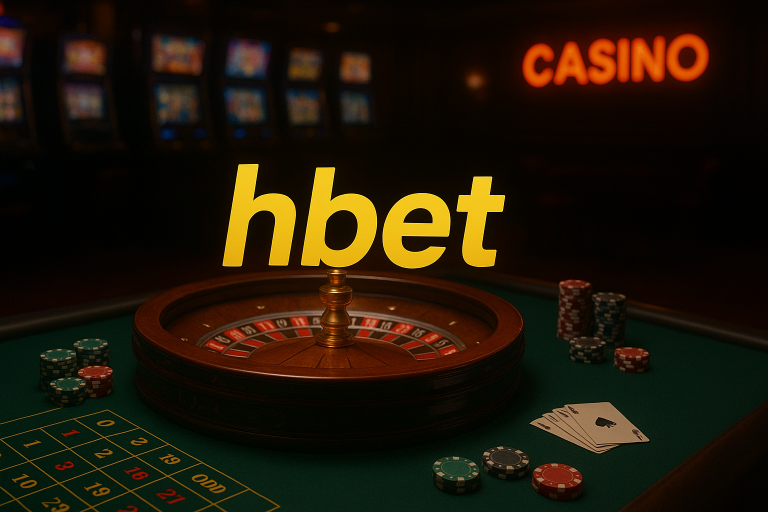When you step onto a casino floor, you can see the dealer shuffle the cards or watch the roulette wheel spin. But online casinos operate in a virtual environment, which naturally raises an important question: how do you know the games are fair? Modern online gambling platforms rely on strict regulations, rigorous testing, and advanced technology to ensure players get a fair deal every time they log in.
The Role of Random Number Generators (RNGs)
At the heart of every digital casino game is a Random Number Generator. This software continuously produces sequences of numbers at incredible speeds — even when nobody is playing. Each spin of a slot machine or deal of a virtual card corresponds to one of these numbers, ensuring outcomes are completely unpredictable and independent. This randomness prevents patterns or manipulation, guaranteeing fair results over the long term.
Third-Party Testing and Audits
Regulated online casinos undergo regular testing by independent laboratories such as eCOGRA, iTech Labs, or GLI (Gaming Laboratories International). These agencies evaluate whether the RNG functions correctly, verify payout percentages, and issue certifications. Casinos that meet strict standards proudly display these seals of approval, offering reassurance to players.
Licensing and Regulation
Jurisdictions like Malta, the Isle of Man, Gibraltar, and the UK have well-established gambling commissions that enforce strict operational guidelines. Licensed casinos must adhere to financial transparency, player protection measures, and game fairness rules. Violating these regulations can result in hefty fines or loss of license, so operators have strong incentives to maintain integrity.
Encryption and Security
Fairness isn’t just about the games — it’s also about protecting players. Online casinos use advanced encryption protocols like SSL (Secure Socket Layer) to safeguard financial transactions and personal data. This ensures deposits, withdrawals, and gameplay activities remain secure from cyber threats.
Return to Player (RTP) Transparency
Many reputable platforms publish their game RTP (Return to Player) percentages. RTP is the theoretical amount that a game will pay back to players over time. For example, a slot with 96% RTP should return $96 for every $100 wagered — though individual results vary widely due to short-term luck. Transparent reporting of RTP gives players confidence and lets them make informed decisions about where to wager.
Live Dealer Games and Visibility
Live dealer games, which stream real tables and professional dealers, offer players an added level of reassurance. Watching cards being dealt or wheels being spun in real time eliminates the perception that outcomes are secretly manipulated by software.
Responsible Gaming Tools
Fair casinos also integrate responsible gaming features such as deposit limits, time reminders, and self-exclusion options. These safeguards prove that legitimate platforms value player well-being over short-term profits.
Where to Find Reliable Platforms
Players looking for trustworthy online casinos should seek operators that combine these security and fairness measures. For example, 789win offers transparent gameplay, certified randomness, and regulatory compliance — all critical factors when choosing where to place your bets.
Final Thoughts
Online casinos have worked hard to overcome skepticism by embracing transparency and regulation. With certified RNGs, secure technology, and oversight from respected authorities, players today can enjoy digital gambling with confidence that the games are as fair as those on any physical casino floor.

